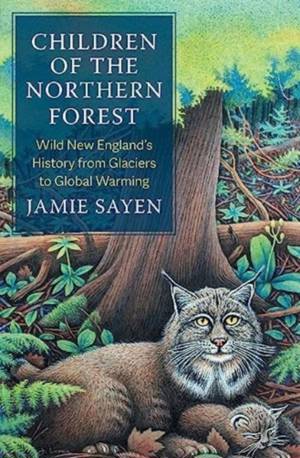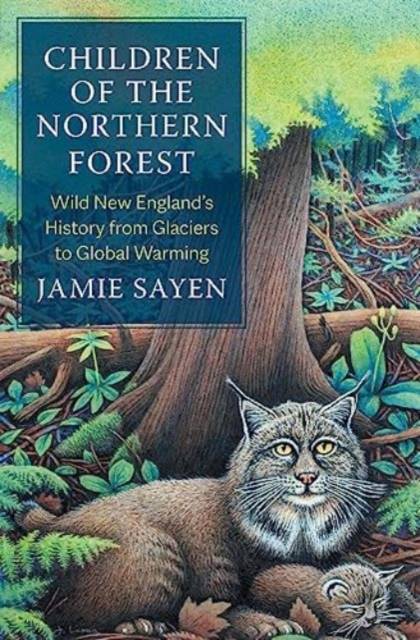
- Retrait gratuit dans votre magasin Club
- 7.000.000 titres dans notre catalogue
- Payer en toute sécurité
- Toujours un magasin près de chez vous
- Retrait gratuit dans votre magasin Club
- 7.000.0000 titres dans notre catalogue
- Payer en toute sécurité
- Toujours un magasin près de chez vous
Children of the Northern Forest
Wild New England's History from Glaciers to Global Warming
Jamie Sayen
33,95 €
+ 67 points
Description
This no-holds-barred narrative of the failure of conservation in northern New England's forests envisions a wilder, more equitable, lower-carbon future for forest-dependent communities Jamie Sayen approaches the story of northern New England's undeveloped forests from the viewpoints of the previously unheard: the forest and the nonhuman species it sustains, the First Peoples, and, in more recent times, the disenfranchised human voices of the forest, including those of loggers, mill workers, and citizens who, like Henry David Thoreau, wish to speak a kind word for nature. From 1988 to 2016 paper companies sold their timberlands and closed seventeen paper mills in northern New England. Policy makers ceded veto power to large absentee landowners, who tried to preserve the status quo by demanding additional tax cuts and other subsidies for economic elites. They vetoed measures designed to restore and preserve forest health; at present, about half of the former industrial forests are classified as degraded, and the regional economy continues to be trapped in low-value commodity markets. This book operates as a case study of how a rural resource region can respond to a global economy responsible for climate change, habitat loss and degradation, and environmental injustice. Sayen offers a blueprint for restoring vast wildlands and transitioning to a lower-carbon, high-value-adding, local economy, while protecting the natural rights of humans, nonhumans, and unborn generations.
Spécifications
Parties prenantes
- Auteur(s) :
- Editeur:
Contenu
- Nombre de pages :
- 320
- Langue:
- Anglais
- Collection :
Caractéristiques
- EAN:
- 9780300270570
- Date de parution :
- 31-10-23
- Format:
- Livre relié
- Format numérique:
- Genaaid
- Dimensions :
- 157 mm x 239 mm
- Poids :
- 589 g

Les avis
Nous publions uniquement les avis qui respectent les conditions requises. Consultez nos conditions pour les avis.






